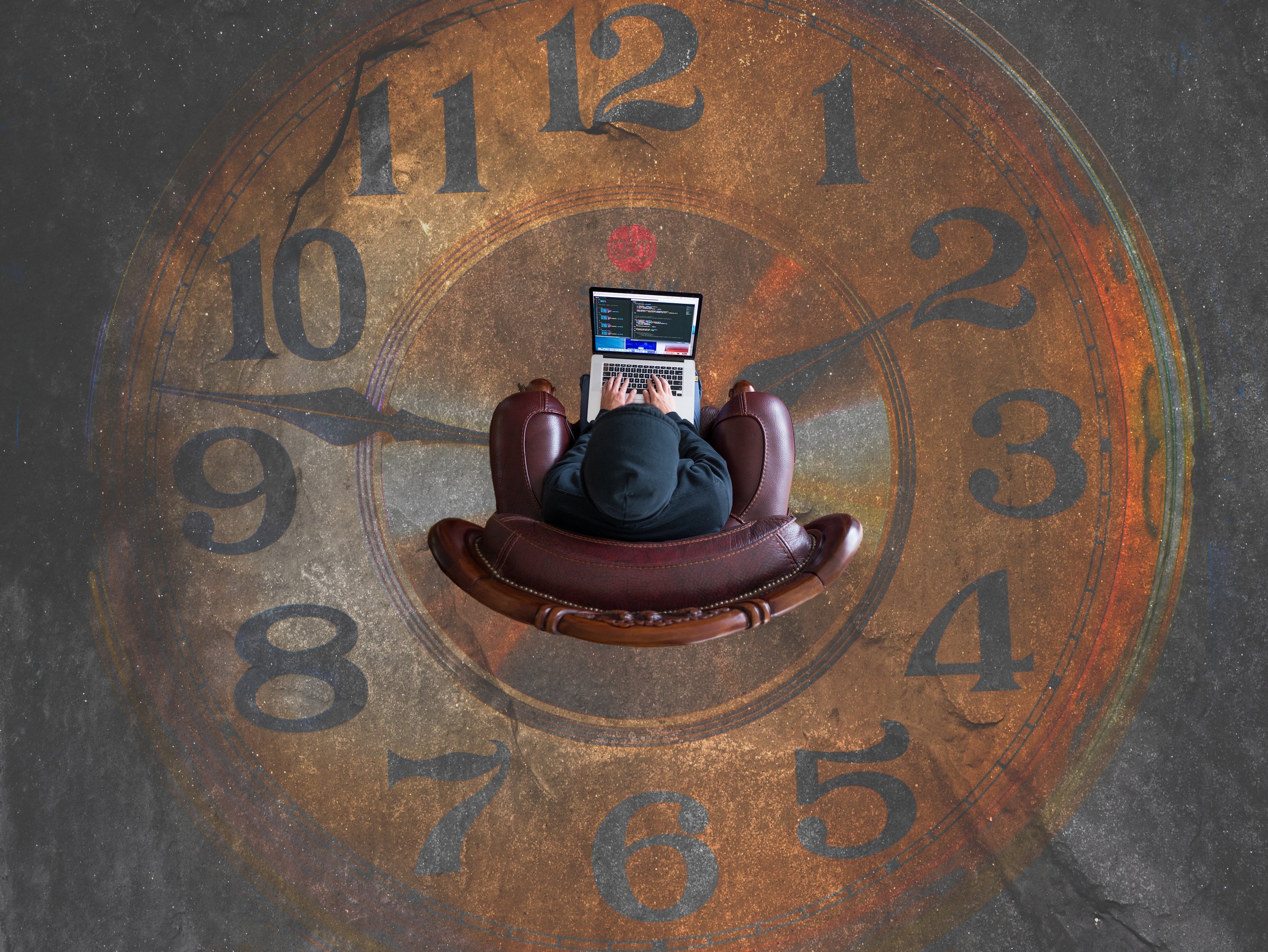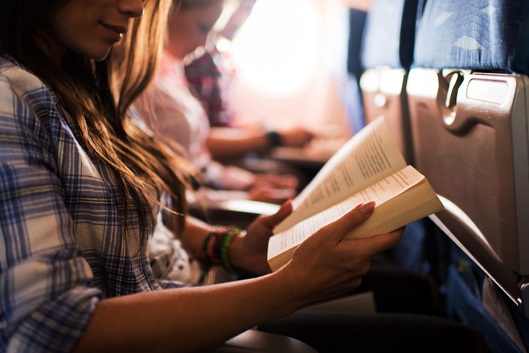Travel writer, Christopher Elliott, started his own consumer advocacy website in 1997. On a daily basis, Elliott receives dozens of emails that have added up to tens of thousands over the years. If you want help from his team of advocates, one is asked to fill out a long form that helps them evaluate the problem and work through the issues that have the traveler feeling wronged.
Elliot and his team, have divided complaints into those that can be handled on their own, with his guidelines, as either resolve on their own or avoid the problem completely. More complicated ones can use his advocacy services.
Over the years, Elliot says, he has become a “very careful traveler. When I read nothing but horror stories all day long, you get this sense, you’re glad that it wasn’t you.”. “When my people read about the horrible things that happen, inevitably we get to the point where we realize they could have avoided it by using a travel agent.”
Here are Elliot’s top 6 to do's, to avoid, stress and trouble and have a happy, before, during and after vacation.
1. Take the time to fully understand what you are booking
“Just because you can look up a fare and book it, that doesn’t mean you understand the airlines’ complex fare rules. The travel industry has its own rules and sense of logic, and most people don’t understand it,” he said, noting airline ticketing and refund rules and hotel prepay restrictions. “It’s all illogical and even airline customer service departments have a hard time explaining it.” A common problem is “’the airline spelled my name wrong on my tickets.’ Airline websites only print out what you, the consumer, put in. In most cases, if you catch your mistake within 24 hours, you can get it corrected with no charge. It’s amazing how many people do not review their confirmations.
2. Purchase travel insurance
“Even just thinking about travel insurance isn’t common,” said Elliott, who believes half the complaints he and his staff review could have been avoided if the consumer simply had purchased travel insurance. “Everyone thinks, ‘My vacation is going to be fine. My connections will be fine.’ And then they end up losing everything and contact me to get help. They send threatening letters to the local newspaper, or ‘7 On Your Side,’ and that can sometimes work. But it would be so much easier if they just purchased travel insurance,”
3. Do your due diligence
“Read the fine print before you purchase. Read it twice, and click once,” Elliott said. “If you had taken the time to read everything, you might not even have purchased the product.”
4. Plan for the unexpected
“People are overly optimistic when it comes to travel. “They think planes take off on time and that hotel rooms will be ready when they arrive. All of their dinner reservations will go flawlessly,” he said. “The people who contact me for help thought nothing extraordinary would happen, but of course, something did. Travelers need to hope for the best, but plan for the worst.”
5. Pack your manners with everything else
“Often you will find people are their own worst enemy. When something goes wrong, they make it worse by their rudeness. A customer service representative is a human being, and if you treat that person, who probably isn’t happy about the events surrounding your misfortune either, politely, you may never need to contact me,” he said. “But so many people have an event on the first day of their trip, they get really bent out of shape trying to fix the problem, and they end up ruining the rest of their vacation. If they had packed their manners, they likely would have had a much better trip.”
6. Book through a travel agent
“Most of the people who contact me think they can DIY their way through their vacation,” he said. “I tell them, next time, find yourself a good travel agent, not just any agent. You’ll keep yourself out of trouble that way. A good travel advisor tells the clients everything I do, so the consumer can make an educated decision and protect themselves.”
Call me, let's talk! 415 931-1945.
Prefer to email? info@WeMakeTravelEasy.com


















